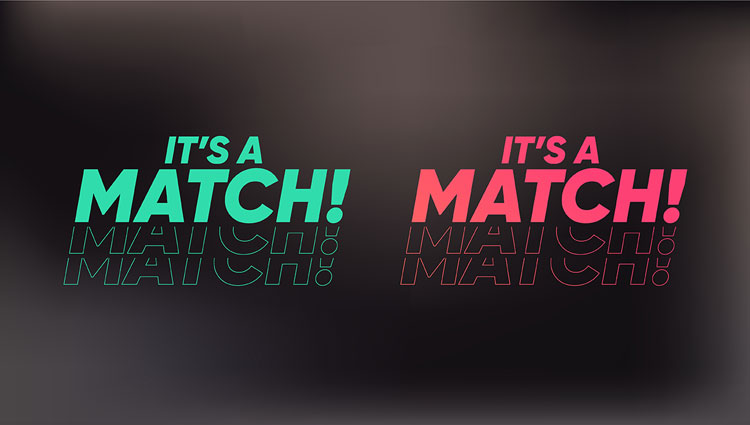It was an otherwise ordinary random Sunday evening in October 2024 when my friends and I heard our phones vibrate simultaneously. Our results from the Penn Marriage Pact (PMP) had just been emailed to us and the majority of Penn undergraduates who participated. I filled it out a few weeks prior after many of my upperclassmen friends commended it to us as a fun way to get to know people. Little did I know that one simple form would become a fixture of my conversations for the couple weeks after the results came back.
PMP is a student-founded algorithm that matches students with each other based on perceived compatibility, asking everything from your religious values, your height and eye color preference, even how often you would like to have sex.
But PMP is as fun and unserious as what it purports to care about, “We can’t wait to introduce all of you to your optimal backup plans soon. You can repay us in complimentary booze at your future weddings.” Although I was not looking for an “optimal backup plan,” I certainly appreciated the fun and laughs of PMP.
PMP was created as a well-intentioned way to connect students with each other and has certainly helped initiate many friendships and certainly a few romantic relationships. But initiatives like PMP highlight a certain cultural phenomena that doesn’t just involve college students, but a larger societal ethos.
The structure of something like PMP is revealing in itself: a form, an algorithm, and a pre-written script of compatibility. It mirrors how modern dating apps function, with their swipes, filters, and location-based algorithms. Dating is no longer a slow unfolding of two lives intersecting but an optimized pairing system, curated for efficiency and filtered for personal convenience. In this framing, people become selections, and intimacy is a checkbox away.
Where dating once carried an implicit sense of forward motion—toward commitment, toward the possibility of permanence—it increasingly feels structured around the opposite: brevity. It’s not that commitment is absent, but that commitment is often secondary to convenience, a negotiable term rather than a central goal. Relationships become “until it no longer works,” “until graduation,” “until summer break,” or simply, “until I get bored.”
The cheapening of dating is symptomatic of a larger cultural shift toward the temporary. What once required patience, sacrifice, and even endurance is now replaceable with a swipe. Breakups, while still painful, are normalized as natural milestones of “experience.” Young adults learn not to ask, “Will this last?” but instead, “How long until it ends?”
In this way, dating has absorbed the logic of consumer culture. Just as we cycle through gadgets, social media trends, and streaming shows, we cycle through people. We are conditioned to believe the next person might be more compatible, more interesting, more convenient. Instead of cultivating a relationship through the difficult, often unglamorous work of commitment, we accept ephemerality as the norm.
Ironically, this ethos develops at the same time that students and young adults report deep loneliness. According to a 2023 Surgeon General’s Advisory, nearly half of U.S. adults report feeling lonely, with young adults among the most affected. Dating systems promise connection, but they also reinforce disposability. They can create an illusion of abundance while delivering a reality of shallowness.
Commitment feels risky, even radical, in this culture. To tether oneself to another is to swim against a tide that insists everything is provisional. Yet it may be precisely this countercultural vision of commitment that many are hungering for. Not just love that entertains for a season, but love that endures—love that refuses to expire.
At its root, the question is not merely about dating apps or campus experiments. It is about what kind of love we believe is possible. Is love a consumable good, meant to satisfy for a while until it grows dull, or is love a covenantal reality that deepens precisely because it endures?
The Penn Marriage Pact, for all its cleverness and good intentions, exposes this very tension. On the surface, it offers a shortcut to connection, but beneath it lies the larger cultural script we’ve embraced—that relationships are designed to expire. And yet, the excitement students felt when their results arrived points to a deeper desire, not just for compatibility, but for something lasting. The hunger for permanence—for a love that does not waver—may point us back toward something more ancient, perhaps even sacred.


